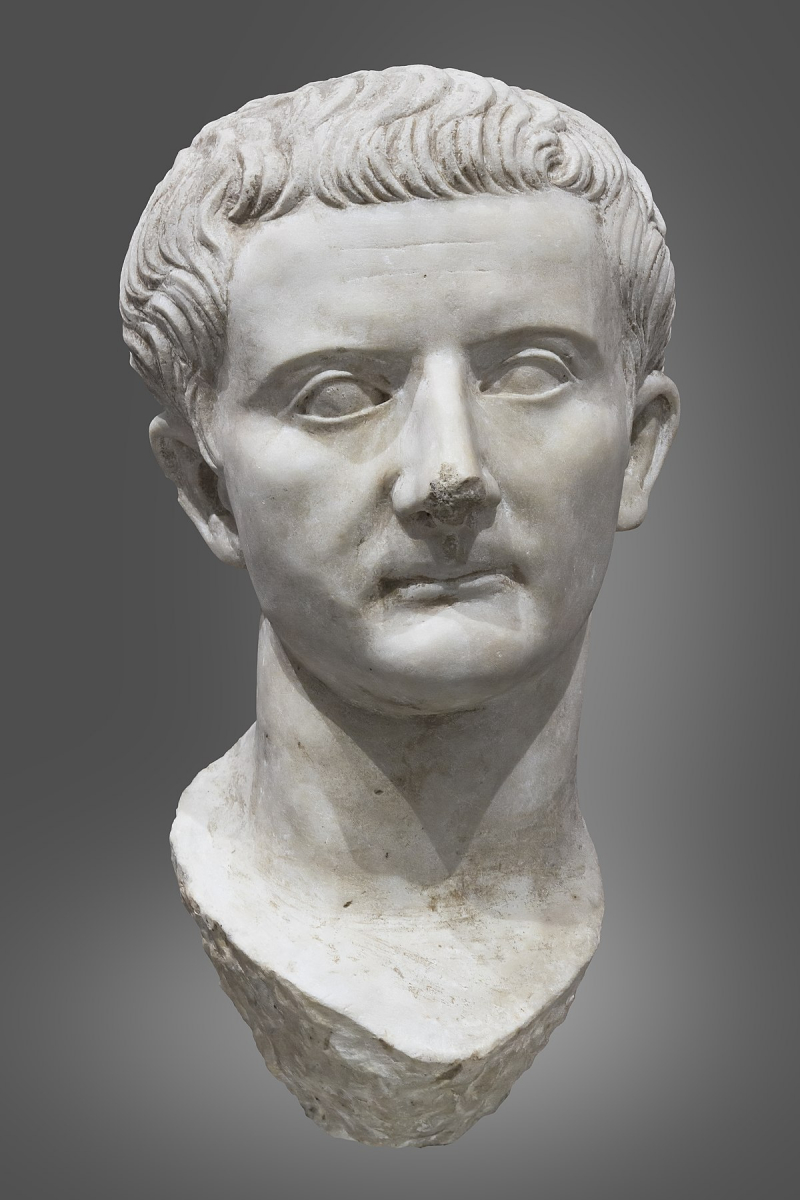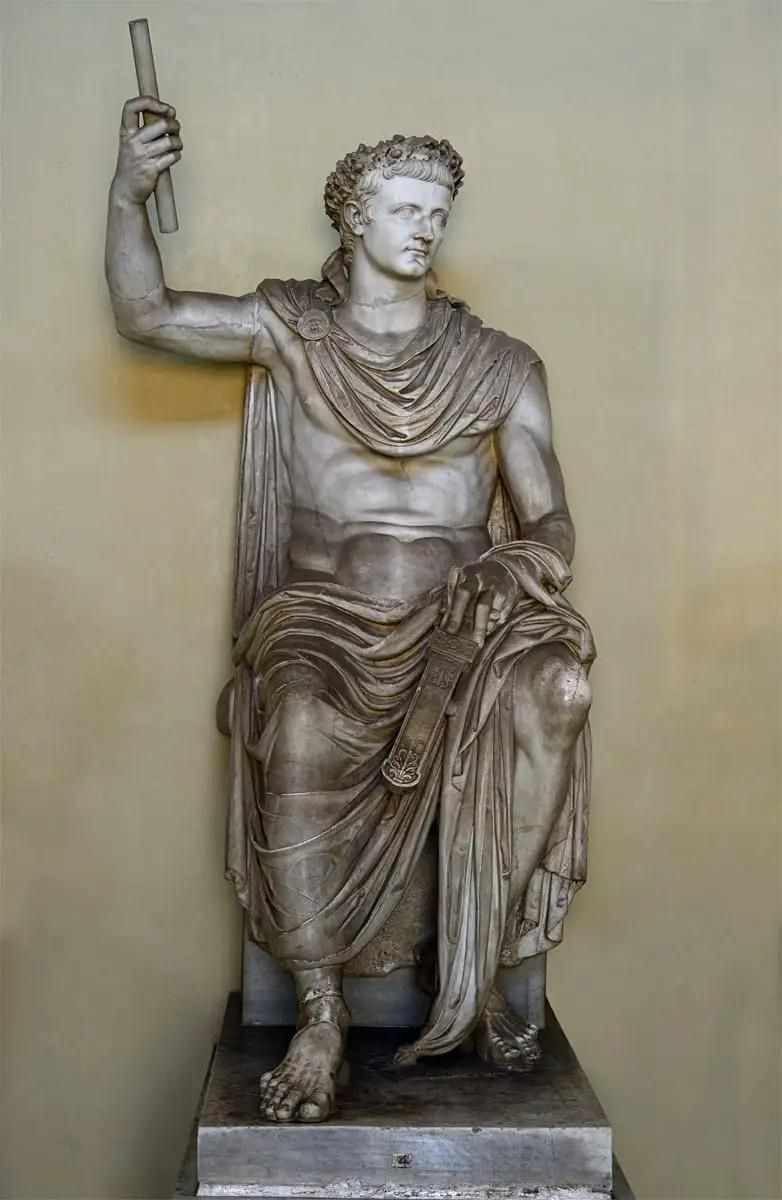Tiberius

Tiberius Claudius Nero, who ruled from 14 to 37 AD, was the son of Livia Drusilla, who had wed Augustus in 39 BC and therefore was Augustus's stepson. Eventually, when Augustus accepted him as his successor, he adopted the name Tiberius Julius Caesar, which would later be adopted by other emperors.
One of Rome's finest generals, Tiberius, established the northern boundary by capturing Pannonia, Dalmatia, Raetia, and briefly, portions of Germania. But he was regarded as a gloomy, introverted, and solemn monarch who was forced to assume the role and never really desired it.
Tiberius Caesar Augustus was one of the best rulers in ancient Rome at obtaining territory for the empire. The only reason the second emperor of Rome is on this list is because of his military victories. Tiberius is generally seen as having been indifferent in his role as emperor and politician and not averse to displaying that apathy.
Tiberius left the imperial treasury with approximately three billion sesterces when he passed away, notwithstanding the largely unfavorable impression he left behind by Roman historians. He decided to construct more bases and choose diplomacy over the battle instead of expensive acquisitions.
Rome developed into a more powerful, well-established empire as a result of all these novel initiatives. If he had passed away before 23 AD, a time marked by the Purge, he may have been praised as a model leader.
Lifespan: 16 November, 42 BC - 16 March, 37 AD











